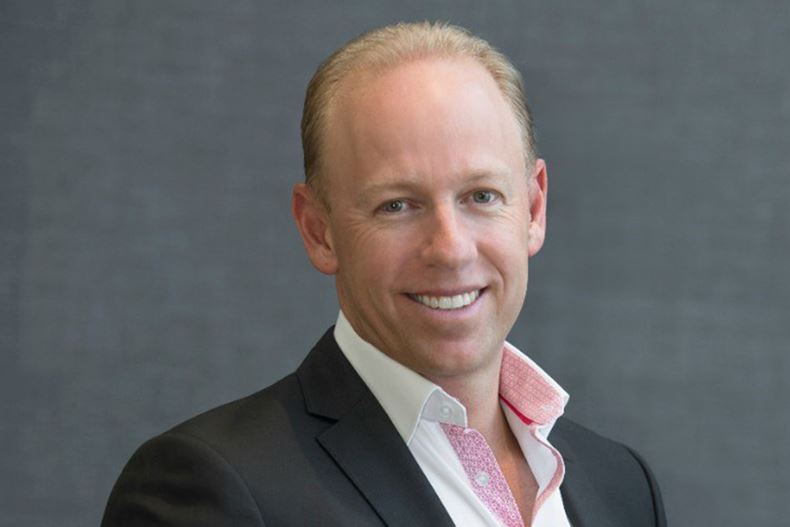Dodging and diving’ for opportunities in SA equities

As South Africa’s power supply issues continue to worsen and the impact on the economy grows deeper, having a clear-eyed view on the investment case for South African equities becomes more critical.
However, 36One co-founder Cy Jacobs believes that it is important not to lose sight of the fact that the local equity market is not a reflection of the South African economy given how much of its earnings are generated offshore. He also thinks that there are companies that are actually benefiting from the country’s infrastructure failings.
‘There is an opportunity set for example in banks lending to companies building renewables, and for companies like Grindrod that benefit from the problems with Transnet,’ Jacobs said at the BCI Global Investment Conference.
A particular advantage for marine cargo handling company Grindrod is the port and terminal infrastructure it owns in Mozambique, through which local companies are increasingly exporting goods rather than relying on Transnet.
Their port and terminal volumes have been growing in the last few years,’ Jacobs said. ‘And they are also looking to expand their assets. We are confident that there are companies like this that will benefit in this environment.’
Jacobs (pictured above) is also of the view that this year is likely to be the worst for load shedding in South Africa.
‘We don’t expect government to fix the problem any time soon, but we do expect private business to step up,’ he explained. ‘We have seen an enormous increase in applications for private power.’
Based on research by Morgan Stanley and its own internal analysis, 36One’s base case is that this winter will be the worst load shedding that South Africa experiences. By 2025, load shedding will average between stages one and two based on their estimates.
For managers who are able to be flexible, this means that there will be opportunities in being nimble in positioning according to changes within the economy.
‘We think there is enough opportunity in South Africa if you are able to be flexible and understand what’s happening in the macro environment,’ Jacobs said. ‘I think there is still a lot of upside in the South African market.’
Allan Gray CIO Duncan Artus agreed with the view that managing a South African equity portfolio will require a highly active approach for the next few years at least.
‘I think you have to be nimble over the next while,’ Artus said. ‘You are going to have to dodge and dive over the medium term.’
He said that an approach that takes the view that South Africa is ‘just cheap and it’s all going to revert to the mean’ is a very bold strategy. This is due to a number of risk factors.
Firstly, South Africa’s manufacturing output has not increased in 20 years. Consumption now far outstrips local production.
South Africa is also very dependent on commodity prices. Over the last few years, much higher platinum group metal prices and coal prices have supported the fiscus, but these can’t be relied upon indefinitely.
‘The other big risk that faces a South African equity portfolio is China,’ Artus said. ‘Not only directly through Prosus and Naspers, but also indirectly because China is the country that buys most of our commodities.
‘At some stage China’s economy is going to rebalance. That could have a devastating effect on the demand for commodities.’
The implications of South Africa seemingly growing closer to China and Russia in a world that is splitting in two politically are also not immaterial, Artus added.
‘Prosus is listed in the Netherlands, but its biggest assets are in China,’ he said. ‘Are you going to wake up one day and find every Chinese stock is down 90%, like what happened in Russia? If every South African equity fund has 15% in Naspers and Prosus, what happens then?’
Although it might be a tail risk, Artus (pictured above) said it is also worth considering what happens if Western countries take a more hardline view on South Africa’s relationship with China and Russia and impose sanctions.
‘We use western payment infrastructure,’ he explained. ‘Most of the technology we use comes from the West. So what happens then?
‘We limit exposure to China in our portfolios. We will keep Naspers at a certain level, and if it goes beyond that we will trim.’
And while there are unquestionably a lot of South Africa stocks that are optically cheap, the rising cost of capital in the country cannot be ignored.
‘What you really don’t want to happen for South African equities is what’s happened in the rest of Africa, where you have a very high cost of capital and a low growth rate,’ Artus said.
He pointed out that there are good quality banks in Kenya and Nigeria trading on P/E multiples of two to four times because it is so difficult to generate returns on capital in an environment where growth is low and the cost of capital is high.
‘I don’t think I want to bet all our clients’ money on the underdog winning,’ Artus said. ‘Fortunately, the South African stock market has very little to do with South African economy. There are also cheap stocks available and there is lots of value we can see in South Africa.
‘But I think it’s dangerous to just say there is going to be a reversion to the mean and that everything that happened in the last 20 years is going to happen again.’

